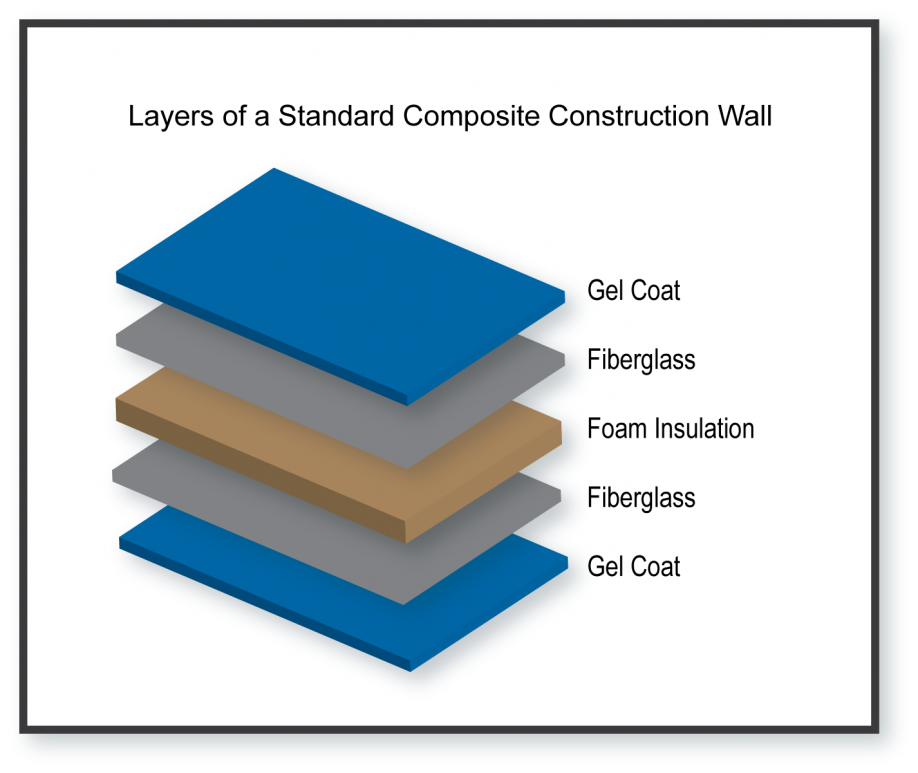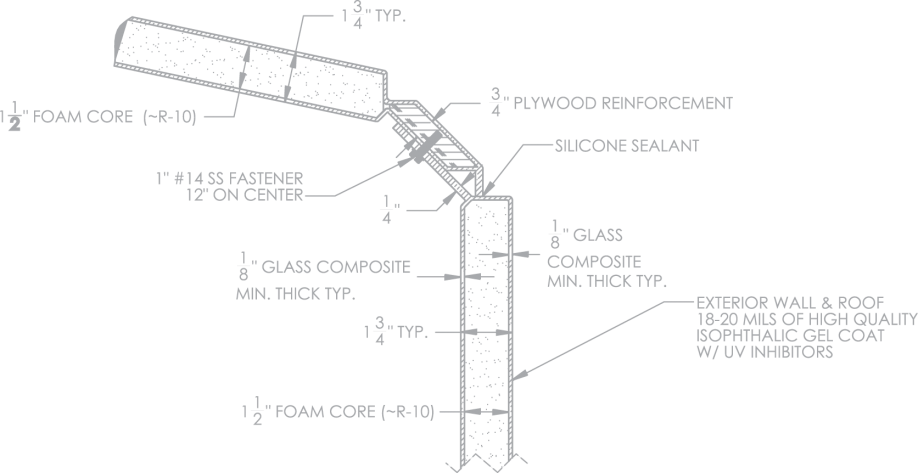Exploring the Uses and Advantages of Recycled Composites in Modern Industries
In today's quickly evolving industrial landscape, the use of recycled compounds has actually garnered increasing attention for its potential to redefine conventional manufacturing practices. The amalgamation of recycled materials with sophisticated composite modern technologies offers an appealing opportunity for enhancing sustainability, durability, and cost-efficiency across numerous sectors. As markets look for ingenious services to resolve environmental worries and enhance operational performances, the unification of recycled composites emerges as an engaging option. This change towards lasting methods not just straightens with global conservation efforts yet also uses a myriad of advantages that hold the secret to forming the future of modern-day production methods.
Ecological Benefits of Recycled Composites
The application of recycled composites in modern industries supplies considerable environmental benefits, adding to the reduction of waste and the conservation of all-natural sources. By integrating recycled composites right into making processes, industries can decrease their reliance on virgin materials, thus lowering the amount of waste produced and the power needed for removal and manufacturing. This change towards using recycled composites aids in drawing away materials from garbage dumps, minimizing the concern on waste management systems, and lowering greenhouse gas exhausts connected with conventional manufacturing practices.
Additionally, making use of recycled composites promotes the conservation of natural deposits such as lumber, minerals, and water, which are frequently diminished via the extraction and handling of raw materials (composites). By prolonging the lifespan of materials with recycling, markets can help protect communities and biodiversity by reducing the need for brand-new resources. In general, the fostering of recycled compounds in modern-day industries plays a vital duty in advertising sustainability and alleviating the ecological effect of manufacturing processes
Improved Longevity in Item Production
With a focus on durability and toughness, including recycled composites right into item production procedures boosts longevity and sustainability. By using recycled compounds, suppliers can produce products that are not just strong yet also immune to damage, making them perfect for long-lasting use in various sectors. The combination of various materials in recycled composites can often result in enhanced stamina and toughness contrasted to standard products, providing an affordable option for producing lasting items.
One of the essential advantages of utilizing recycled composites in item production is the capacity to customize the product buildings to satisfy details sturdiness demands. By readjusting the structure and manufacturing methods, makers can customize the recycled composites to stand up to harsh ecological conditions, hefty lots, or frequent usage without endangering on performance. This versatility in style and production enables the creation of highly long lasting products that preserve their stability gradually, reducing the requirement for regular substitutes and ultimately adding to an extra sustainable production process.
Cost-Effectiveness and Economic Advantages
Incorporating recycled composites into product production not just boosts resilience and sustainability yet additionally uses significant cost-effectiveness and economic advantages. Utilizing recycled compounds can bring about minimized material prices as recycled materials are often more economical than virgin materials. In addition, recycling composite products can reduce garbage disposal expenses and decrease the demand for land fill room, adding to general cost financial savings for sectors.

Technology and Layout Flexibility With Recycled Compounds
Making use of recycled composites in contemporary industries supplies unrivaled opportunities for innovation and style flexibility. By integrating recycled materials right into composite manufacturing procedures, companies can press the borders of conventional layout restrictions and explore new possibilities. The adaptability of recycled composites permits the production of complex forms and structures that could not be attainable with traditional products.
Among the essential benefits of recycled composites is their capability to be More hints molded right into different types, providing developers the flexibility to trying out special sizes and shapes. composites. This flexibility opens up a world of imaginative chances, allowing the advancement of light-weight yet long lasting products that meet the particular requirements of different industries
Moreover, using recycled compounds advertises sustainable methods and supports the circular economic climate by reducing waste and lessening the environmental impact of producing processes. This emphasis on environmentally friendly layout options aligns with the expanding pattern in the direction of sustainability in modern markets, making recycled composites a useful source for cutting-edge and forward-thinking companies.
Applications Across Various Industries
Recycled composites find diverse and impactful applications across a vast variety of sectors due to their distinct homes and sustainability advantages. The aerospace sector benefits from recycled composites in the production of airplane parts, where the products' strength-to-weight ratio is important for guaranteeing safety and performance. The adaptability and sustainability of recycled composites make them important throughout various industries, driving development and ecological stewardship.
Conclusion
Finally, the application of recycled compounds in modern sectors provides considerable ecological benefits, improved toughness in item manufacturing, cost-effectiveness, and financial advantages. The use of recycled compounds permits for technology and layout versatility across different markets. In general, the adoption of recycled composites provides a sensible and lasting remedy for fulfilling the requirements of the industry while also lowering ecological effect.

One you can try this out of the essential benefits of using recycled compounds in product production is the capability to tailor the material properties to fulfill specific longevity needs. Utilizing recycled composites can lead to reduced material costs as recycled materials are frequently less pricey than virgin products. The aerospace industry benefits from recycled compounds in the manufacturing of airplane components, where the products' strength-to-weight ratio is vital for making certain security and efficiency.